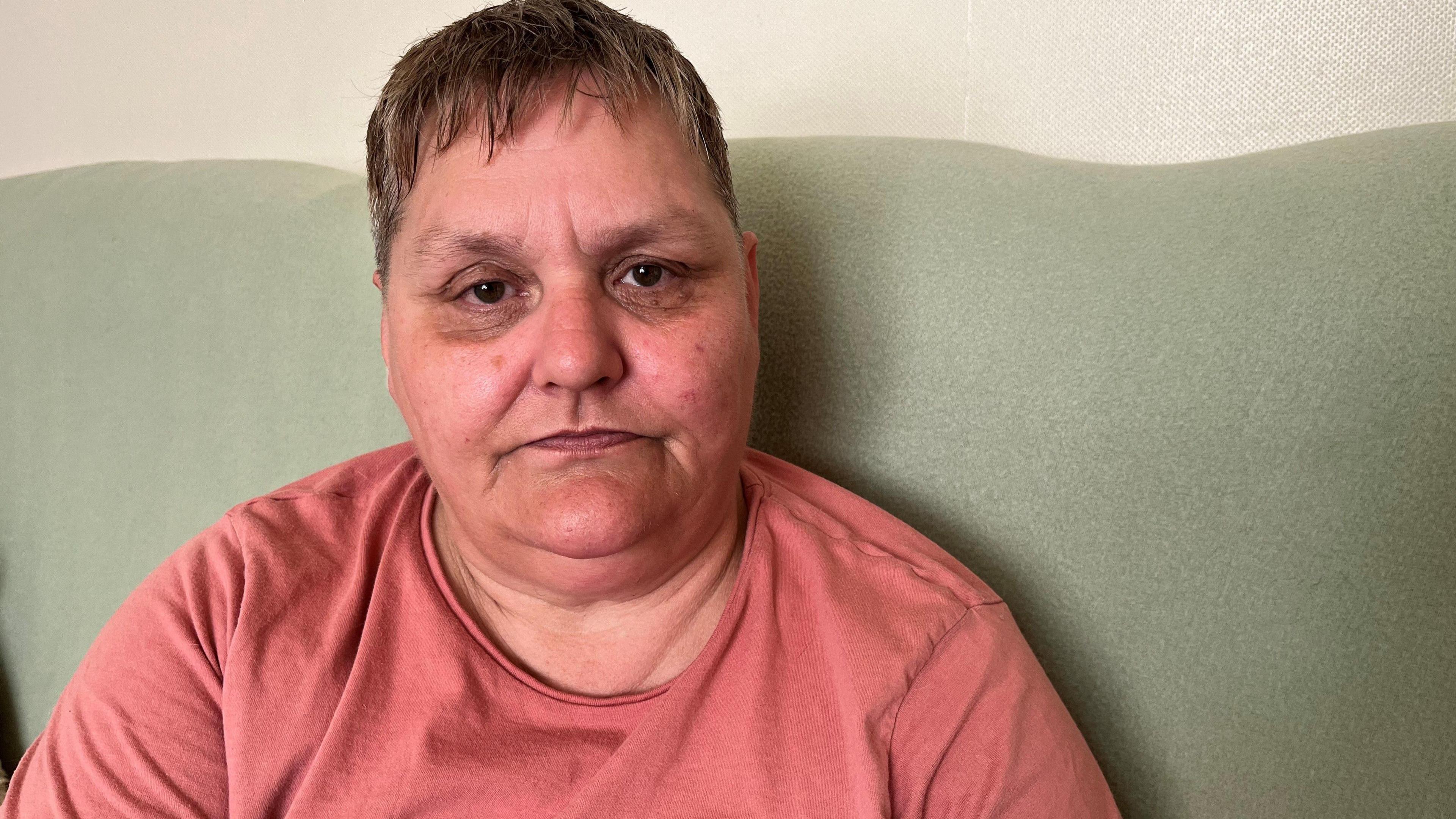Safety warning as new telecare charges introduced
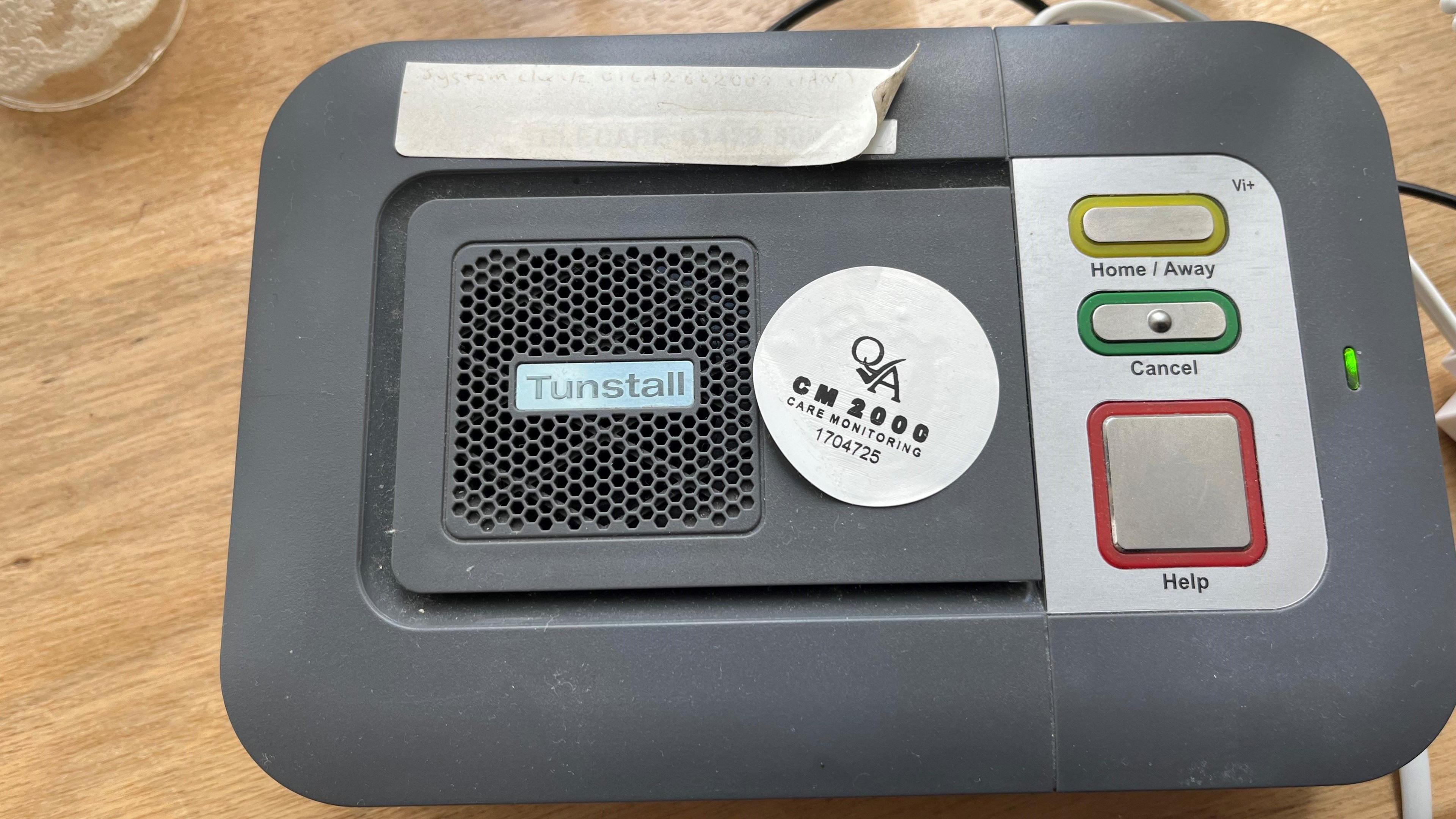
Residents will have to pay for the devices from October
- Published
Introducing charges for a previously free telecare service could have "very serious consequences", a charity which supports people with hearing impairments has said.
Labour-run Hartlepool Borough Council is making changes to a system which alerts social care staff to a medical incident.
Hartlepool Deaf Centre co-ordinator Rachel Austin said imposing charges was "very short-sighted" and some deaf users were unaware it was happening.
The authority said it had postponed introducing charges to explore ways of "reducing the financial impact on people", but could not carry on providing the service for free.
June Markwell, who has used the telecare service for 18 years, said she could not consider doing without it.
"I like to know that, if I'm in need, which hasn't happened often, but I just know that I press this magic button and somebody will come without me having to do anything," she said.
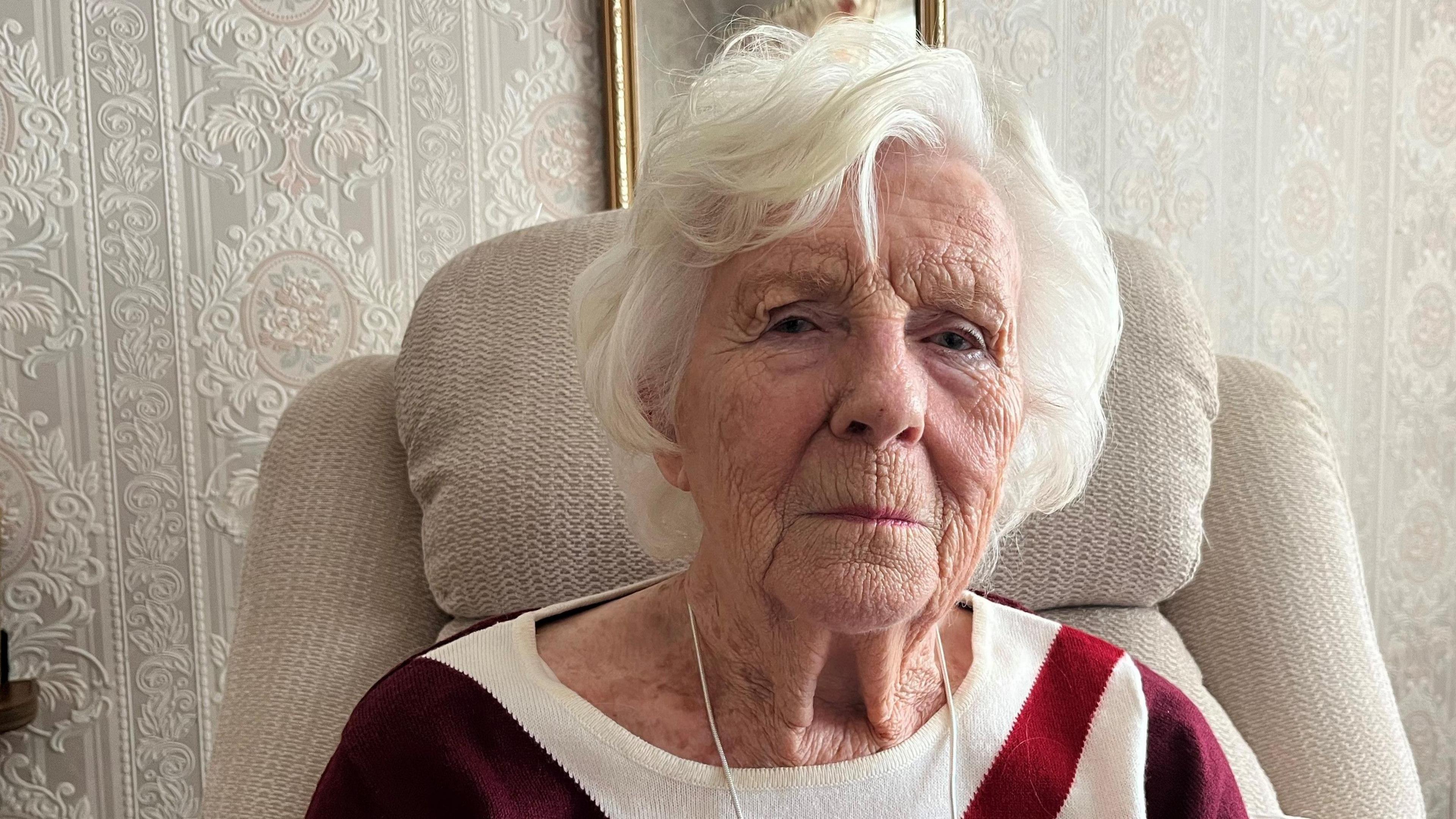
June Markwell described the charges as a penalty for vulnerable residents
Residents can choose one of two options - costing either £6 or £14.40 a week - or opt out entirely.
The cheaper option alerts up to five nominated people if the alarm is pressed; the second option will summon a carer directly to the home.
Mrs Markwell is worried others in her situation will either discontinue their service or chose the cheaper of the two options, even if that is not suitable for their needs.
"I think it's a penalty to people who are not just elderly, who are disabled and often isolated, who have nobody to call on," she said.
After working all her life, paying taxes and never claiming "any benefit whatsoever", Mrs Markwell said she felt it was unfair.
"When I needed it, I thought I should be looked after," she said.
The former Conservative administration approved the charges in November last year and they were due to come into force on 1 July.
However, following local elections in May, the new administration pushed back the charges to 1 October.
It said this would allow it to "explore any potential additional ways of further reducing the financial impact on people using this service, while also providing a financially-sustainable solution for the service".
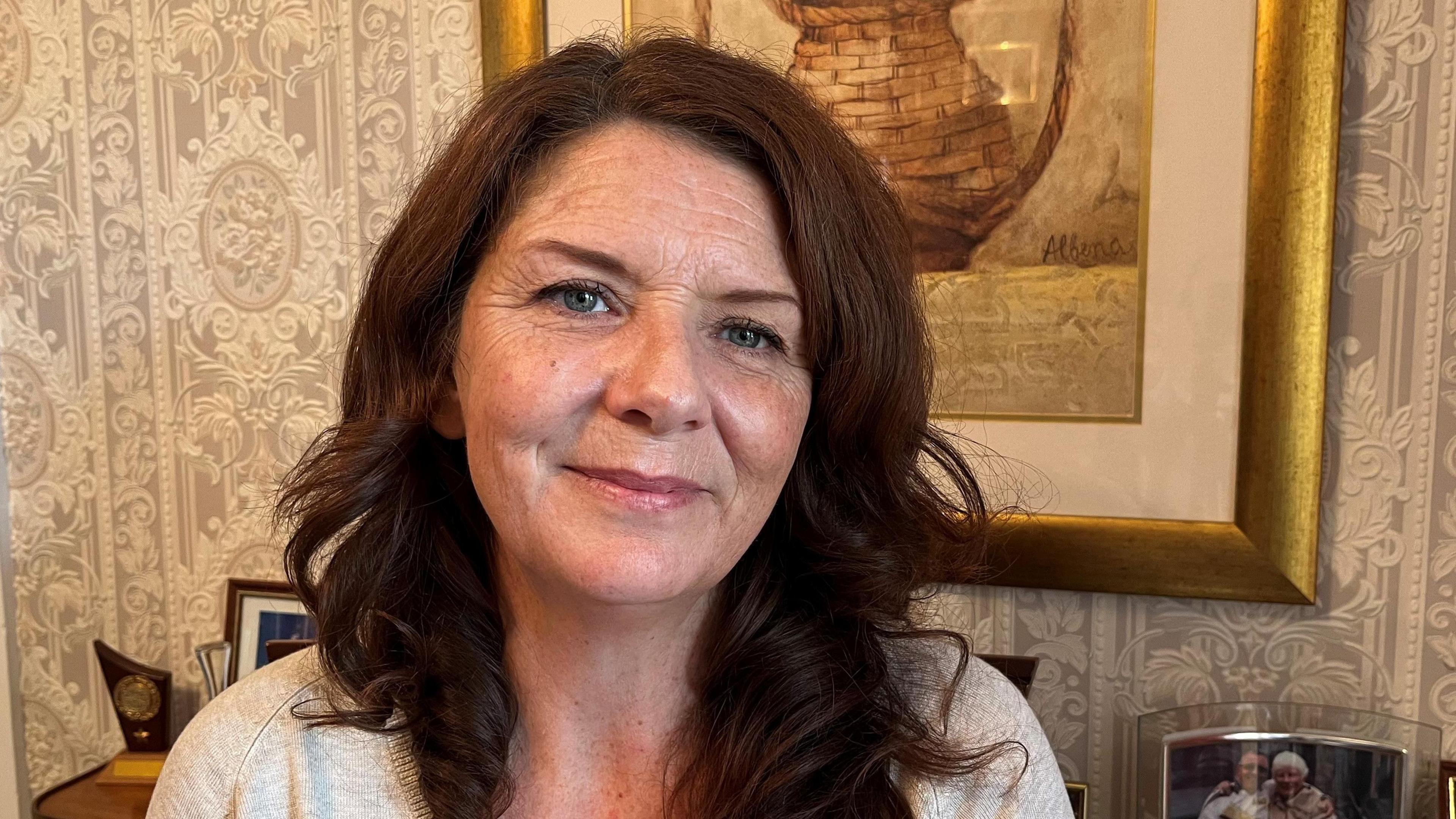
Rachel Austin said members of Hartlepool Deaf Centre had missed out on opportunity to sign up due to "inaccessible communication"
Ms Austin said many of her clients' first language was British Sign Language and correspondence from Hartlepool Council about the changes was not accessible to them.
She said she had been able to translate letters from the authority for members who visited the charity, but was worried others would not know about the new cost.
Many of her members would also struggle to pay it, she said.
"My concern is either someone is going to have a fall and there's going to be very serious consequences and they're not going to reach help in time," she said.
"There are going to be knock-on costs for our health service and then, coming back round when someone's released from hospital, the additional social care costs to support people after falls, after hip replacements."
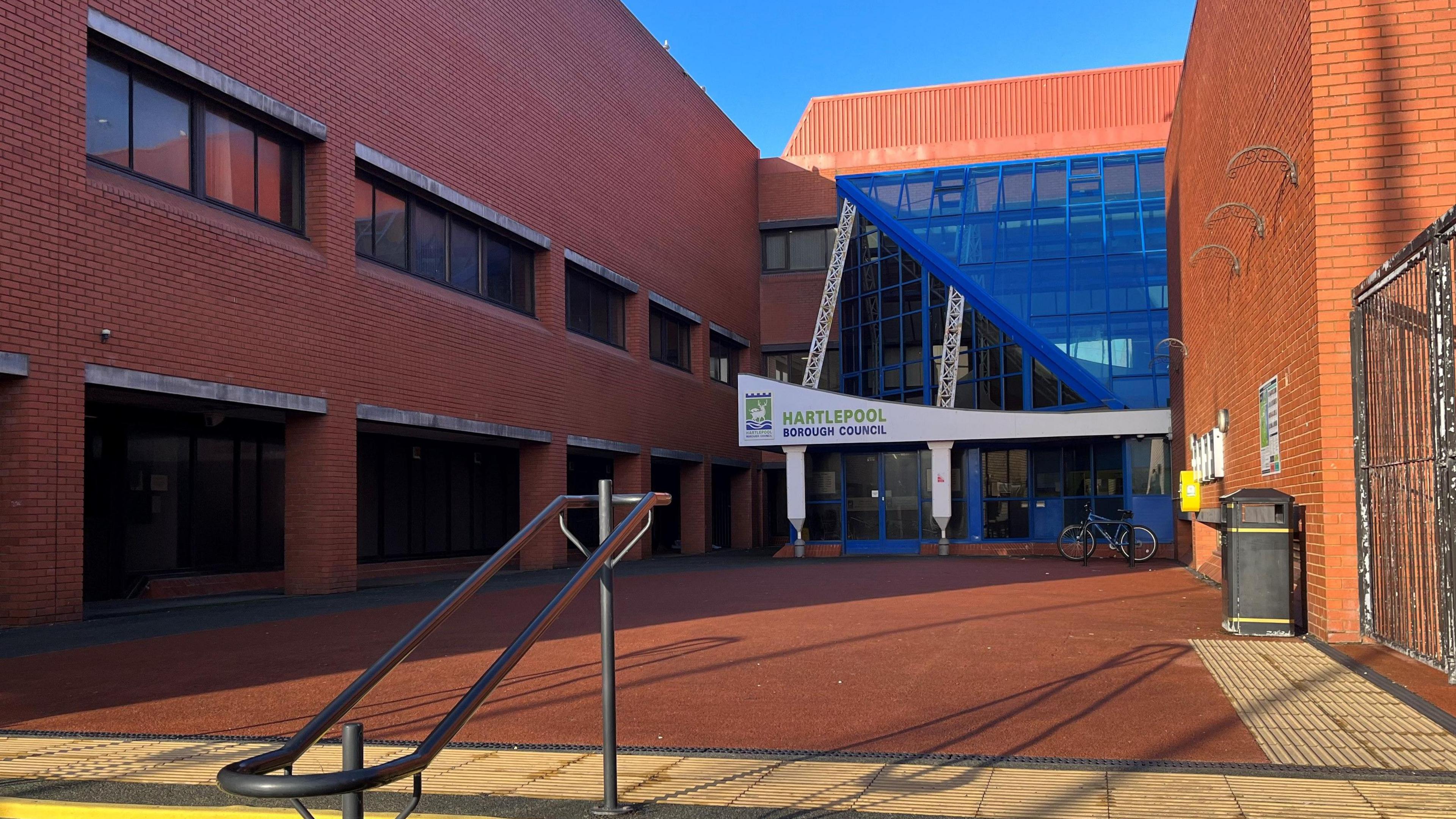
Hartlepool Council is encouraging anyone wanting to access the service to get in touch
The council said anyone unable to sign up by the deadline should contact the authority, which also had an advocacy service for the deaf community which it encouraged people to use if they needed support.
It said it could not continue providing the service for free "due to increasing demands for the service, rising costs of equipment and the significant financial pressures all councils are facing".
In response to feedback, it had introduced a 50% reduction for a second person living in the same home and encouraged residents to check if there were benefits they could be claiming to help with costs, it added.
Telecare was "not, and never has been, an emergency service" and people requiring urgent medical support should call 999, it said.
Follow BBC Tees on X,, external Facebook, external, Nextdoor and Instagram, external, external. Send your story ideas to northeastandcumbria@bbc.co.uk.
Related topics
More similar stories
- Published3 July 2024
